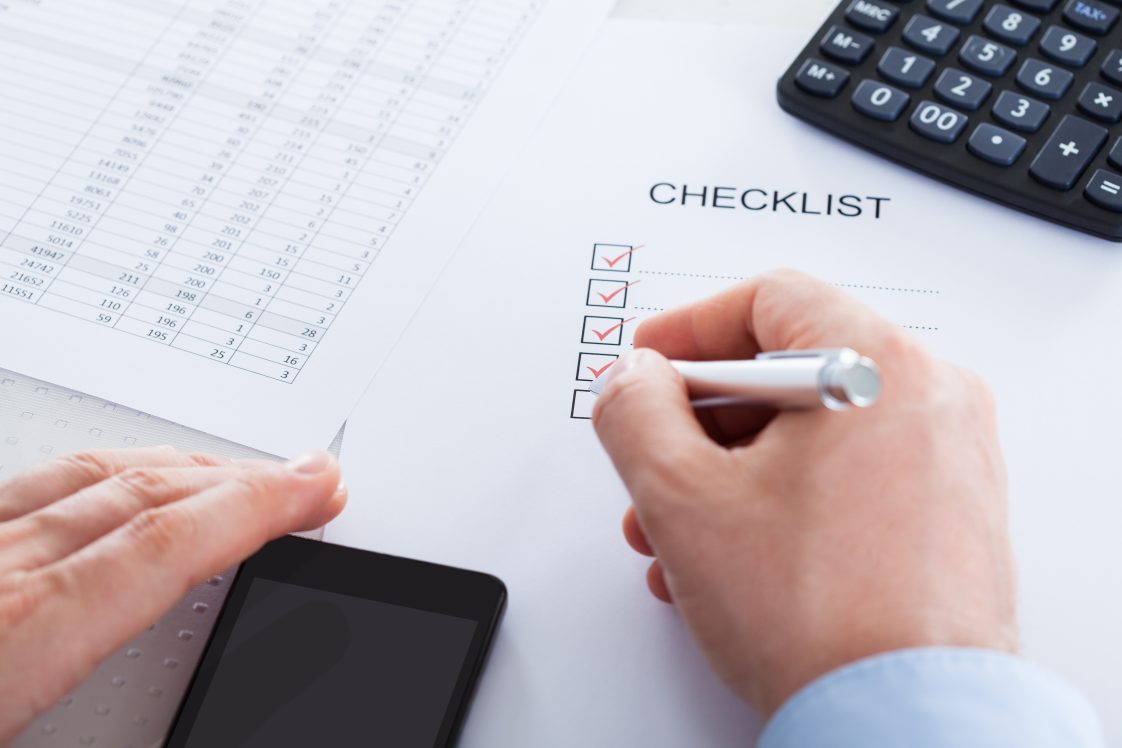Finance & Career

Tax time does not have to be stressful. Before you begin the whole process, you may want to review the following checklist to ensure you arrive to tax appointments fully prepared.
Time
- Individual income tax returns are generally due April 15, unless it is the weekend or holiday. See When to File on the IRS website, www.irs.gov.
- If you are seeking an extension, you may file Form 4868, and your due date will be in October.
- The IRS provides the Tax Time Guide on their website, and more information may come out soon.
Personal Information
- Provide the social security numbers and dates of birth for all family members. (Required)
- Prepare bank routing and account number to receive the refund. (Optional)
- Bring copies of last year’s tax return. (Not required but helpful)
Income Information
- Bring W-2 forms for your family members.
- Form 1099-G for unemployment compensation.
- If you are self-employed, you will need Form 1099 and Schedule K-1. Learn more about the 1099-K form on the IRS website.
- If you have rental income, you need the records of income and expenses.
- If you are retired, you may have retirement income, such as pension, IRA, and annuity (1099-R).
In addition to the list above, there are other types of income, such as business income, investments, installment sales, alimony received (divorce before 2019), stock options, scholarships, awards, etc. The following links may be helpful:
- Individuals: https://www.irs.gov/individuals
- Business: https://www.irs.gov/businesses
Deductions
There are two types of deductions: deductions for Adjusted Gross Income (AGI)—also called adjustments—and deductions from Adjusted Gross Income (AGI), also called standard deductions or itemized deductions. Find more detailed information by visiting the IRS web page, Credits and Deductions for Individuals.
Deductions can lower the tax burden. As a result, you can have more money in your pocket. To prepare the documentation, you may prepare the following:
- Contribution to retirement accounts, such as Keogh, SEP, SIMPLE, and another self-employed pension plan
- Health Saving Account (HAS) contributions
- Self-employed health insurance payment records
- Mortgage interest from 1098 forms
- Receipts for energy-saving home improvements
- Electric vehicle information
- Cash or gifts to charitable organizations
- Receipts for moving expenses
- Sales of home (Section 121)
Tax Credits
- Documentation of adoption costs, such as medical, transportation, etc.
- Education costs
- Clean vehicle credits
- Record of foreign tax credits (if applicable)
- Home energy credits
In most cases, the individual tax credits can be found on the IRS website. If you are looking for credits and deductions for business, visit the IRS website listing of business credits and deductions.

